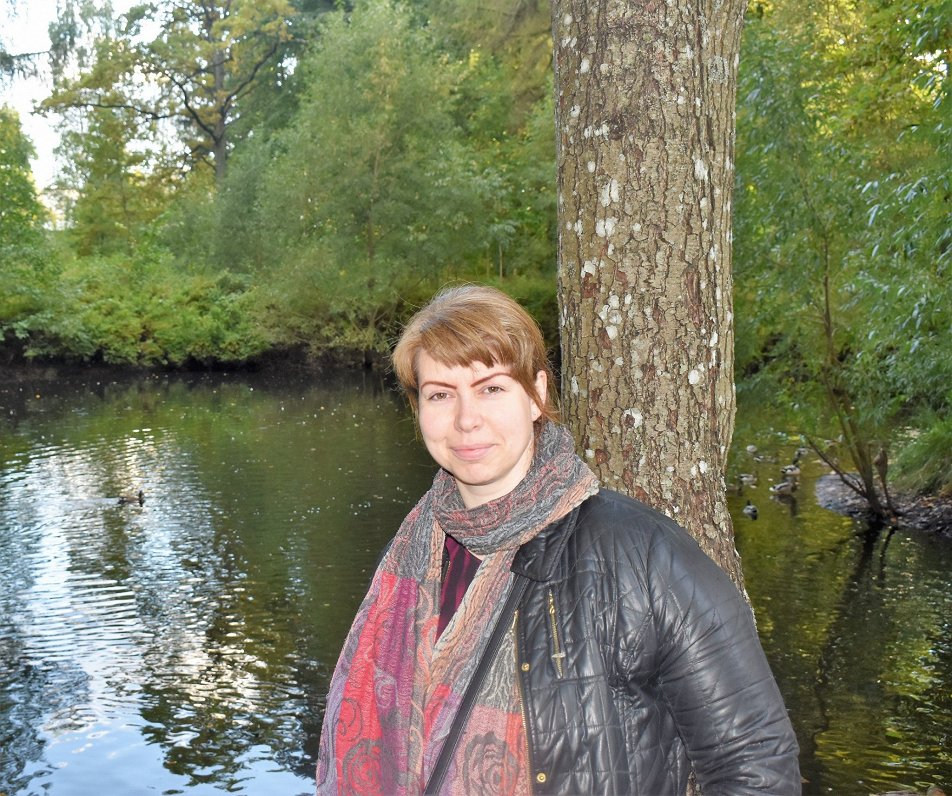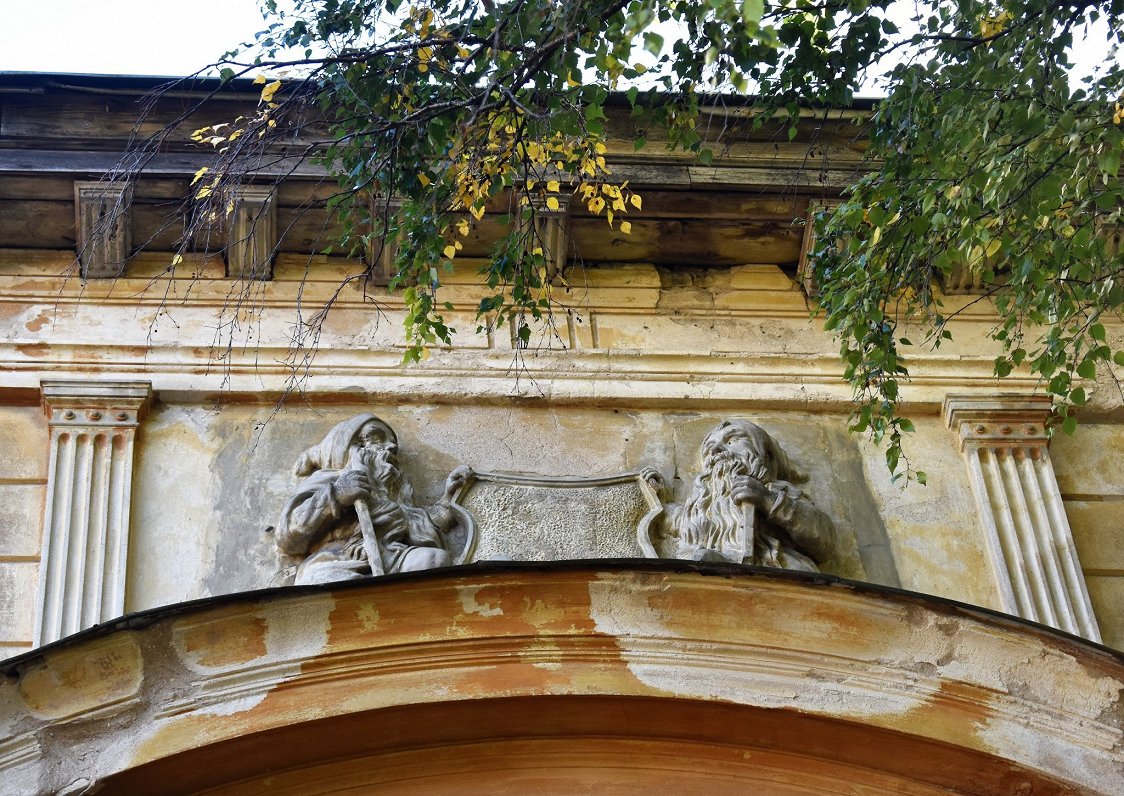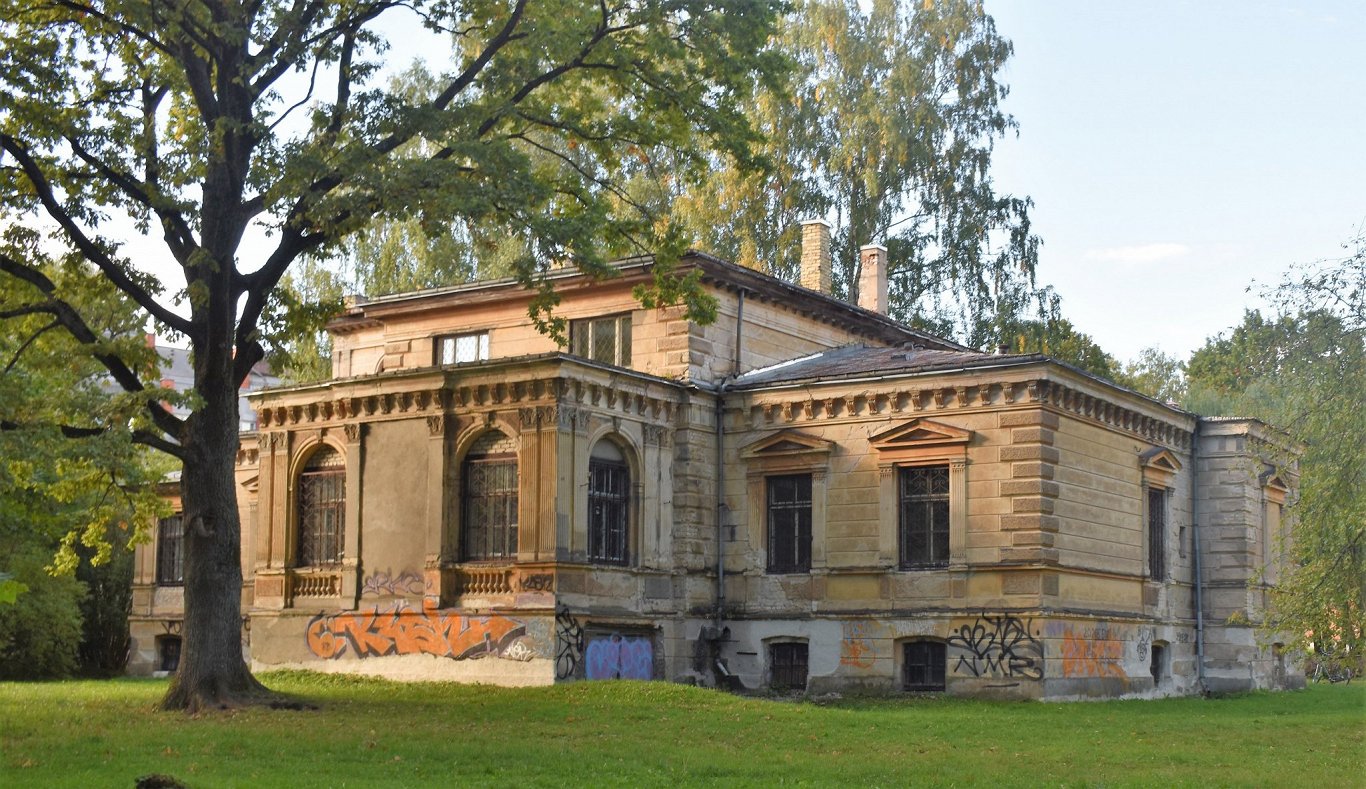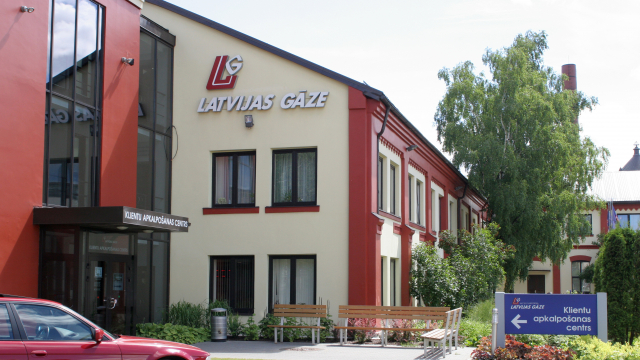“Charm” is not a word usually associated with Imanta, a sprawling Rīga district of high-rise apartment blocks and shopping malls. But amidst the concrete and plastic are some reminders of a gentler age.
One such pearl is Anniņmuiža (or Annenhof) Manor. In 1768, this compact villa, complete with a park and pond, was acquired by Otto Hermann von Vietinghoff, who gave it as a wedding present to his wife Anna Ulrike von Münnich. Thanks to the balls, theatre performances and other fun enjoyed there, locals dubbed it “the jolly manor,” and it has miraculously survived wars, revolutions and urban planners down to the present.
Today, Anniņmuiža is the last historic manor in the Latvian capital which hasn’t been privatised. But for the last two years, local activists and administrators keen to sell it to developers have waged a passionate struggle for its future.

During the Soviet period, Anniņmuiža housed various educational institutions, and after 1991 it came under the control of the University of Latvia. Then in 2018, the university decided to shut down activities on site, and the suddenly silent building attracted curious onlookers.
“My generation had never set foot in there, because we thought, “if the lights are on, it must be private and it’s none of our business.” And it wasn’t mentioned in history lessons at school,” says long-time Imanta resident Rigonda Bērziņa. “Growing up here, we didn’t even know what we had in our backyard.”
Rigonda and some friends began researching the history of the manor and became fascinated by it. The University agreed to let them use it as an experimental community center. Volunteers cleaned up dusty windows and generations of mold, placed buckets under leaky parts of the roof, and in the summer of 2019 began holding fairs and concerts at Anniņmuiža. Rigonda led excursions around the manor and the wider neighbourhood to raise interest about its long-forgotten history.
Then, in spring 2020, the first pandemic wave hit, so public events couldn’t be held. The university then announced that the manor and surrounding eight hectares of land would be auctioned off.
Incensed at what she regards as arrogant and unfair behaviour, Rigonda organised protests against the university’s plans, which attracted media coverage. So far, three auctions have failed to attract any bidders.
“We’ve certainly had a hand in that,” says Rigonda. “But maybe it’s good that things have worked out like this, because what we were doing before was just 'fire fighting,' trying to save a desperate situation. That’s not a proper strategy for development, because the place needs a real, caring owner or manager.”
Although the building is weather-beaten and scarred by graffiti, it can still be saved with proper investment and repairs. However, Rigonda is sceptical about the commitment of Latvian developers to heritage preservation. She describes a manor in Ziepniekalns, another suburb in Riga’s Pārdaugava area, which has been ringed by new apartment blocks and is no longer accessible to the public. She claims to have seen developers’ sketches suggesting a similar fate for Anniņmuiža.

After municipal elections in Riga last year, some new councillors expressed support for preserving Anniņmuiža. And with their backing, work has begun on subdividing 1.5 hectares of land containing the manor and the park (which has many venerable oaks, lindens and larches) from the rest of the property. This would mean that two separate auctions could be held, with the manor being acquired either by Riga City Council or private stakeholders via crowdfunding.
Rigonda would like to see an interactive museum in the house, and thinks there are many other possibilities for sensitively using the space. Working as an auditor and raising three daughters, she views herself as a catalyser to get things moving and bring other people with time and energy onboard.
And she has received reassurance from an unusual source. While cleaning up the manor, friends claim to have encountered the ghost of Anna Ulrike, who told them they are doing the right thing.
“If the building has survived for this long, it means it can take care of itself,” smiles Rigonda.
In the LTV video report below from 2020, you can see some more of Anniņmuiža and Rigonda.































